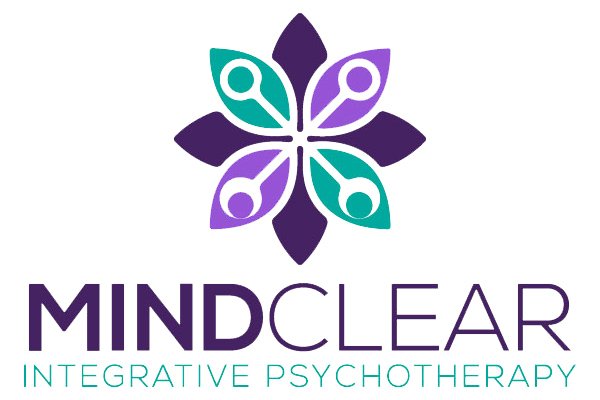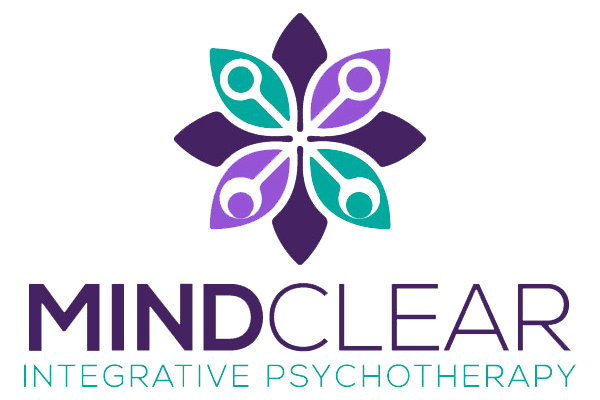Getting Comfortable With Anger

Photo by Nour Wageh on Unsplash
If you had to name one emotion that most makes you most uncomfortable, what would it be?
If your answer is anger, then you are far from alone. For many people, such as women or people of color, anger has a negative stigma. This can bring about feelings of shame or fear of others’ reactions.
On the other, perhaps anger doesn’t feel safe. Or it feels too intense and because of this you tend to shy away from feeling it fully. Maybe you fear how you might act if you really let it out. This is very normal; yet, avoiding anger at all costs can lead to various problems, particularly in your relationships.
When you’re avoiding or repressing your anger, breakdowns in communication, dishonesty, and deeper resentments arise. It becomes difficult to understand why there is so much conflict, leading to confusion for yourself and those around you.
This tendency to avoid your anger is problematic, but understandable. At times, anger can be downright scary. Even in less dramatic instances, anger can create awkwardness in situations, conversations, and relationships—it can be embarrassing, even.
And yet, anger is an inevitable part of being a human. It’s important to be comfortable with anger.
Accessing Your Anger
When your anger is understood and managed, it can open paths towards better communication and closeness. Accessing the more productive and positive aspects of anger, however, may require you to put in some work to get there.
For some of you that work might involve learning how to better access your own feelings, in general. For example, if anger doesn’t even feel familiar to you, it’s likely because you are avoiding, denying, or suppressing the feeling.
As a therapist, I’ve heard many people say that they don’t really get angry. As much as this might feel entirely honest, it’s more likely that you struggle with accessing the feeling than not possessing it at all. It’s more that for whatever reason, you just don’t feel comfortable with anger. Unconsciously, you’ve decided to cut yourself off from feelings that you consider to be bad or unsafe, based on the negative experiences you’ve learned to associate with them.
Unconscious processes, such as defense mechanisms like suppression or denial, can automatically kick in as a way to protect you from intolerable feelings. Anger may become masked by other states or emotions—depression, self-blame, shame, guilt, or self-loathing—at which point you may not have tangible awareness of the anger that exists beneath the surface.
In order to access your anger, you first need to acknowledge that it’s ok to feel it. All animals feel anger. It helps protect you and signal that something is wrong and needs attending to. Perhaps you might need to start identifying what signals an anger response before you can actually feel it – like, maybe, you withdraw, you cry out of nowhere, you suddenly start criticizing yourself, your heart rate increases.
All of these can be signs that anger might be beneath the surface.
What Makes Anger Uncomfortable?
Many people find that the presence of anger—whether from themselves or others—can make them feel uncomfortable or afraid. This discomfort can manifest itself in different ways.
Perhaps you find yourself going to great lengths to ensure no one ever gets mad at you. You might have good reason to avoid or be afraid of someone else’s anger, particularly when it’s directed at you. Anyone with a history of complex trauma has been deeply wounded by experiences that likely involved a significant level of threat to their safety or sense of security. Being in a relationship with another person who is violent—be it a parent, partner, or anyone else—can cause lasting fear and avoidance of anything that is perceived as a threat, including the presence of anger.
Additionally, if you carry a lot of shame or believe that if you’re not always good you must be bad, others’ anger towards can also be unbearable. Someone else being upset with something you did threatens to reinforce your worst fears.
Anger can also stir up a sense of threat to your relationships. An argument fueled by anger, for example, may make the stability of a relationship feel out of your control, and therefore dangerous. You may fear being abandoned if you “ruin” the relationship with your anger.
The fear of losing control of your temper can further produce a similar avoidance. Anger may be very difficult to control for you, and so you may shut down in order to avoid that loss of control.
Maybe you even consider anger to be a sign of weakness, as ironic as that may sound to some. For example, if you carry a lot of anger and want to work on managing it, you might feel a sense of failure when you feel anger starting to emerge. You might even work on skills that help you temper angry thoughts and feelings.
This is an example of trying to control the feeling without fully understanding why it’s there. It also implies that anger is inherently bad. There is certainly nothing wrong with managing anger if it’s causing problems in your relationships or getting you into trouble.
But the anger is there for a reason, or perhaps for many reasons. If you’re trying to manage the feeling without exploring the reasons behind it, then you’re only addressing part of the problem. This is something that could be beneficial to work on in therapy.
Anger in Therapy
In the relational work that is a part of therapy, you might even find yourself getting angry at your therapist. That’s okay. In fact, it introduces an opportunity to explore conflict in a context that offers safety. Hopefully, your therapist can offer the reassurance that the relationship isn’t going to be jeopardized by your anger and that they will not retaliate for you having such emotions. It’s a place where you can learn to get comfortable with your anger.
For example, if you are someone who finds yourself regularly feeling irritated by others, then it’s likely you’re going to get irritated with your therapist. Familiar patterns emerge in all relationships, and your relationship with your therapist is no exception.
The good news is that therapy is a place to work on chronic issues that create obstacles in relationships and inhibit healthy communication. If you find yourself encountering frustrations with your therapist that are similar to those you experience with others, you may benefit from addressing this with your therapist. This will allow for exploration of patterns and help you learn how to communicate your needs and feelings in a healthy way.
Chances are you accumulated some emotional wounds in early life that have led to certain beliefs about yourself and others which are still impacting your relationships today. The more you understand that these patterns emerged as a result of those experiences, and not as a result of there being something inherently wrong with you, the more capable you’ll feel of enacting change and ultimately developing healthier relationships.
So as much as you may wish anger could be avoided, it’s important to remember and accept that anger is part of the human experience. Feeling and experiencing anger is not only normal, but universal. Learning to understand and decode your anger, and to practice compassion towards yourself and others while inside of the ups and downs of that process, will help you create a path towards healthier relationships—not only with others, but also with yourself.









